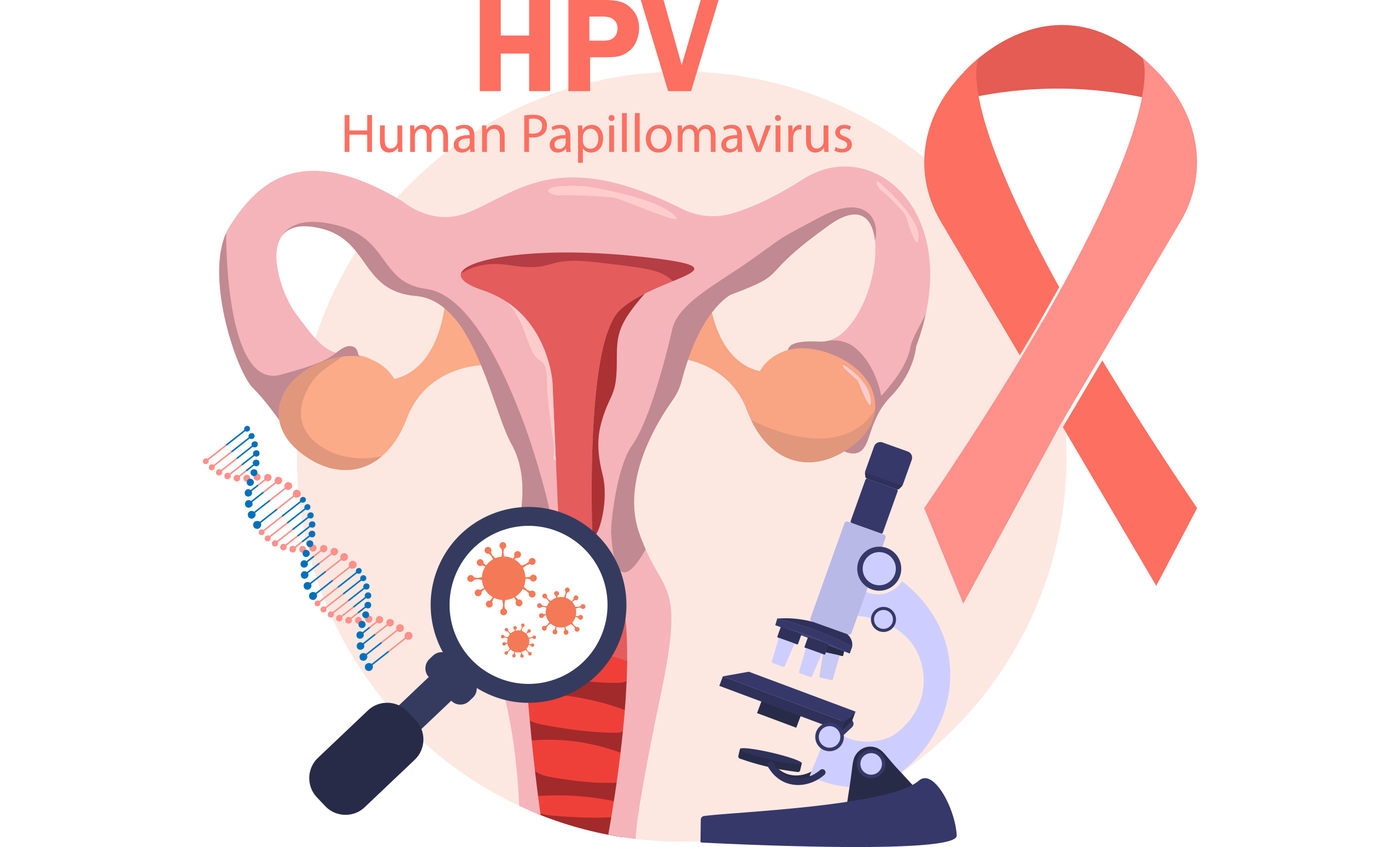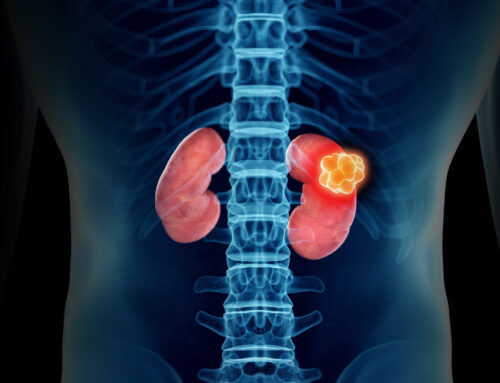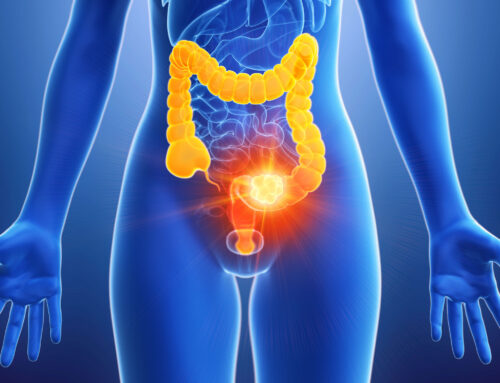A Renewed Commitment to Women’s Health
As we step into a new year, January brings with it a fundamental moment to reflect on women’s health, specifically cervical cancer. This time, recognized as Cervical Health Awareness Month, honors those affected by the disease and amplifies education and preventive efforts.
Nearly fifty years ago, the United States began its battle against cervical cancer, a disease that still claims the lives of approximately 250,000 women globally each year. Through vaccination accessibility and early detection initiatives, significant strides have been made, yet much work remains.
Understanding Cervical Cancer and HPV
Cervical cancer primarily develops due to persistent infections with certain strains of the human papillomavirus (HPV). Alarmingly, about 80% of adults will encounter HPV at some point in their lives. For many, the virus is asymptomatic and resolves naturally. However, for others, it can lead to serious health issues, including cervical cancer, particularly when undetected or untreated.
The connection between HPV and cervical cancer highlights the critical role of prevention and education. Vaccination against HPV is a safe and effective method of reducing the risk. Yet, barriers such as missed screenings, limited access to healthcare, and a lack of awareness persist, leaving many women vulnerable.

The Importance of Screening
Early detection is a cornerstone of cervical cancer prevention. Regular cervical screenings, including Pap tests and HPV testing, are vital in identifying precancerous changes before they develop into cancer. For women aged 21-30, Pap tests are recommended every three years, while women aged 30-65 may opt for co-testing (Pap and HPV tests) every five years. Despite these recommendations, many women miss these critical appointments, often due to fear, misinformation, or logistical challenges.
Screening saves lives and reduces the emotional and financial toll of advanced disease. Educating communities about the importance of regular check-ups and addressing the disparities hindering access to preventive care is essential.
Community Engagement and Collaboration
Unified community action is essential in the fight against cervical cancer. By promoting healthier habits, improving access to information, and advocating for early diagnosis and proper treatment, we can pave the way toward a future free of cervical cancer. Cervical cancer awareness campaigns, such as January Cervical Health Awareness Month, play a crucial role in these efforts.
What to Expect in End-Stage Cervical Cancer
While prevention and early detection are paramount, understanding the challenges faced in the advanced stages of cervical cancer is equally important. For patients and families, knowing what to expect in end-stage cervical cancer can provide clarity and aid in planning care.
End-stage cervical cancer often involves symptoms such as pain, fatigue, and difficulty with essential functions. Emotional and physical support from healthcare providers, including hospice care, can significantly enhance the quality of life during this time. Compassionate care focuses on symptom management and emotional well-being, ensuring dignity and comfort for patients.
The Role of Vaccination
Since its introduction in 2006, the HPV vaccine has revolutionized cervical cancer prevention. Studies show a remarkable 90% reduction in cervical cancer incidence among vaccinated individuals. The vaccine is most effective when administered before exposure to HPV, typically during adolescence, but it remains beneficial up to age 45. Encouraging vaccination among eligible individuals is a decisive step in eradicating this preventable disease.
Resources and Support
Support networks and educational resources are invaluable for individuals and families affected by cervical cancer. HPV support groups and cervical cancer prevention programs offer guidance and reassurance. These platforms provide access to accurate information about screening guidelines, vaccination benefits, and treatment options.
During Cervical Health Awareness Month, healthcare organizations, including Ascend Hospice Care, reaffirm their commitment to raising awareness and providing care. For those going through the challenges of end-stage cervical cancer, hospice services can offer specialized support, focusing on comfort and quality of life.
Empowering Women Through Education
Education remains key in cervical cancer prevention. Promoting cervical health awareness empowers women to take charge of their health. Knowledge about vaccination, regular screenings, and early signs of cervical abnormalities can significantly reduce the burden of this disease.
Through campaigns like Cervical Cancer Awareness Month, we can break down barriers, dispel myths, and create a culture of proactive health management. Whether it’s discussing when cervical cancer month occurs or emphasizing the importance of screening, every conversation contributes to a healthier future.
Building a Future Without Cervical Cancer
As we commemorate Cervical Health Awareness Month, let us unite in the shared goal of eradicating cervical cancer. Together, we can educate, prevent, and screen, ensuring that no woman faces this disease without the knowledge and resources to fight it.
At Ascend Hospice Care, we recognize the physical and emotional toll of cervical cancer. Our dedicated team is here to support individuals and families through every stage, offering compassionate care and expert guidance. By advocating for vaccination, encouraging regular screenings, and providing unwavering support, we strive to make cervical cancer a thing of the past.
Together, let us champion women’s health and well-being, creating a world where cervical cancer is no longer a threat. We can make this vision a reality through education, prevention, and community collaboration.




